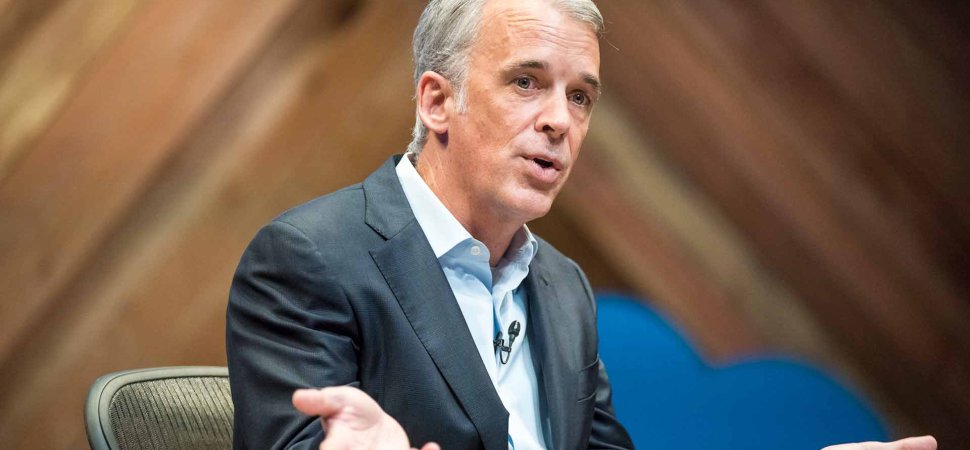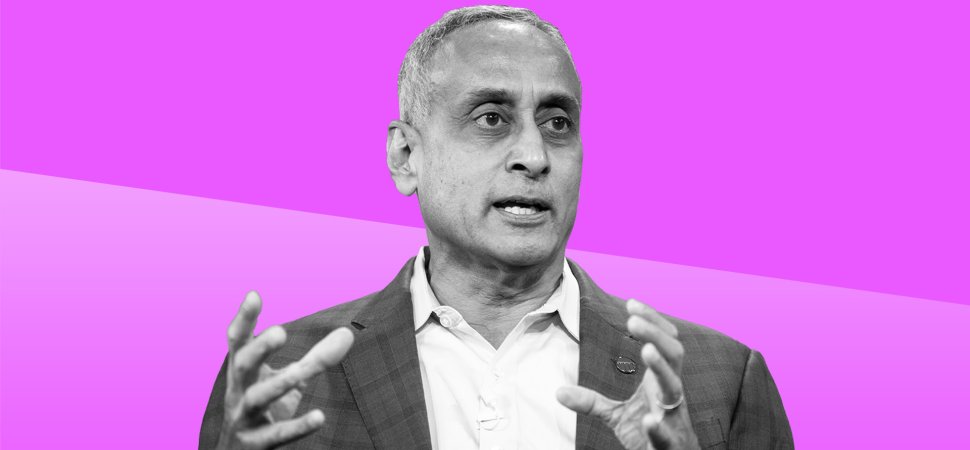-
How China's economy compares to the US
 The IMF forecasts that the U.S. and Chinese economies will grow by 2.7 percent and 4.6 percent, respectively, in 2024.
The IMF forecasts that the U.S. and Chinese economies will grow by 2.7 percent and 4.6 percent, respectively, in 2024.
Continued here -
What’s the Safest Seat on an Airplane? - WIRED (No paywall)
 All of them and none of them, really. Let us explain.
All of them and none of them, really. Let us explain.
Continued here -
Chatbot answers are all made up. This new tool helps you figure out which ones to trust. - MIT Technology Review (No paywall)
 In many high-stakes situations, large language models are not worth the risk. Knowing which outputs to throw out might fix that.
In many high-stakes situations, large language models are not worth the risk. Knowing which outputs to throw out might fix that.
Continued here -
Starlink competitor unveils new internet satellite
 Satellite internet startup Astranis is on a mission to help everyone in the world get online — and it just unveiled the satellite that could be the key to its success.
Satellite internet startup Astranis is on a mission to help everyone in the world get online — and it just unveiled the satellite that could be the key to its success.
The digital divide: An internet connection means access to jobs, education, entertainment, and more, but nearly 3 billion people aren’t online, and many others still don’t have fast, reliable service.
Continued here -
This New Startup Wants to Help Founders Find Angel Investors
 Cherub, which aims to be a matchmaker for businesses and angel investors, raised $1.1 million to launch in March.
Cherub, which aims to be a matchmaker for businesses and angel investors, raised $1.1 million to launch in March.
Continued here -
Salesforce Co-Founder Parker Harris on Why AI Keeps Him Up at Night
 The entrepreneur says he and Salesforce CEO Marc Benioff are racing to catch up with OpenAI-powered rival Microsoft.
The entrepreneur says he and Salesforce CEO Marc Benioff are racing to catch up with OpenAI-powered rival Microsoft.
Continued here -
Neuroscience Says You Can Improve Your Memory With Emotion (but There's 1 Important Catch)
 In today's fast-paced organizational environments, the ability to retain information effectively and utilize it in decision-making is crucial. Neuroscience research reveals that integrating emotion and meaning into information can significantly enhance memory and performance. This insight can transform training, communication, and leadership in the workplace.
In today's fast-paced organizational environments, the ability to retain information effectively and utilize it in decision-making is crucial. Neuroscience research reveals that integrating emotion and meaning into information can significantly enhance memory and performance. This insight can transform training, communication, and leadership in the workplace.
Emotions play a pivotal role in how memories are formed and recalled. Plenty of studies have shown that emotional experiences tend to be remembered more vividly and for longer periods. When information is linked to an emotional context, it engages more of the brain, including areas like the amygdala, which processes emotions, and the hippocampus, critical for memory formation.Â
Continued here -
2 Words Explain Why Netflix Just Announced an Unexpected and Controversial Change
 This week, Netflix reported its first-quarter earnings. The numbers were basically good, but the real news came as Netflix told investors it was planning to make an unexpected and somewhat controversial change: It will no longer disclose how many subscribers it has starting in 2025.
This week, Netflix reported its first-quarter earnings. The numbers were basically good, but the real news came as Netflix told investors it was planning to make an unexpected and somewhat controversial change: It will no longer disclose how many subscribers it has starting in 2025.
To put that in context, subscriber growth has always been the way to measure a streaming service, mostly because it was the way streaming services wanted to be measured. For years, they focused on how many new people were signing up for their service, even if they weren't yet making a profit. Making content is expensive, but as long as you can get more people to pay to watch the content, you'll be fine. Or, at least, that's the argument.
Continued here -
6 Steps to Boost Your Flow State and Make You Super Focused and Productive
 In today's fast-paced business world, managing oneself effectively has become a cornerstone of productivity. If you don't master yourself--your work habits, mindset, communication style, and even the activities you choose to engage in--you won't run on all cylinders.
In today's fast-paced business world, managing oneself effectively has become a cornerstone of productivity. If you don't master yourself--your work habits, mindset, communication style, and even the activities you choose to engage in--you won't run on all cylinders.
It's all about finding smart ways to work rather than working harder and longer to perform at your best. For example, bouncing around from one useless meeting to another is certainly a threat to the sacredness of time. But there are many other threats that could steal our time and rob us of our productivity. A few examples:
Continued here -
With 10 Words, Google Head of Search Prabhakar Raghavan Just Taught a Profound Lesson About Success
 Last month, Google senior vice president Prabhakar Raghavan called an all-hands meeting for the company's search employees to talk about the future. What he had to say was sobering, but he accompanied his message with a call-to-arms designed to inspire his employees to put in their best effort and face the future with optimism and determination. Whatever happens with Google search, his comments are a lesson in how to motivated the people who work for you to reach for success, even when dealing with recent failures.
Last month, Google senior vice president Prabhakar Raghavan called an all-hands meeting for the company's search employees to talk about the future. What he had to say was sobering, but he accompanied his message with a call-to-arms designed to inspire his employees to put in their best effort and face the future with optimism and determination. Whatever happens with Google search, his comments are a lesson in how to motivated the people who work for you to reach for success, even when dealing with recent failures.
What do you say to your team when your own errors, uncontrollable outside forces, or a combination of both leads to business results that weren't what you hoped for? You acknowedge the problem, regroup, and ask people to focus on the future. That's exactly what Raghavan did in two simple sentences: "I cannot tell you that all the stumbles are behind us. What matters is how we respond and what we learn."
Continued here
Sunday 28th April 2024
Top stories this week